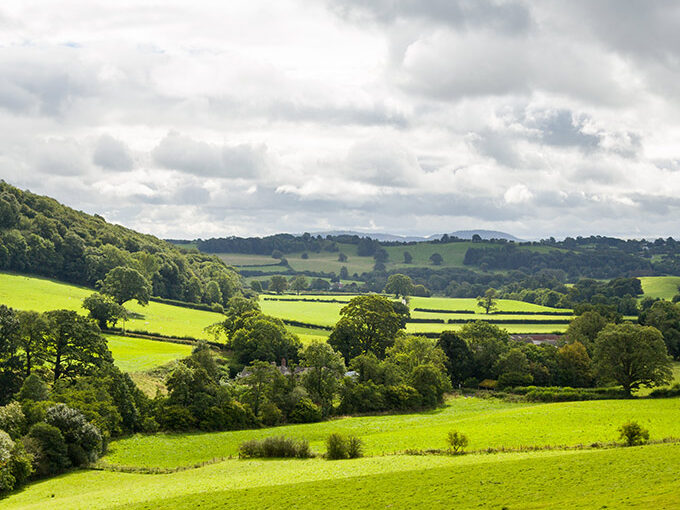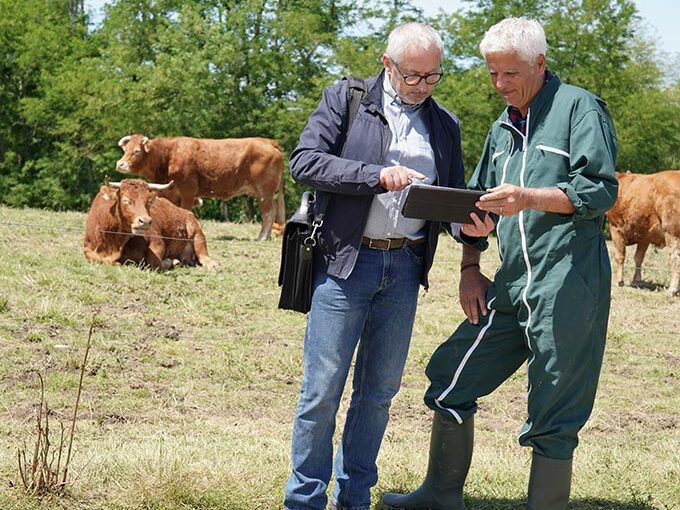In the run up to Christmas, Saffery is reminding farmers, landowners and rural businesses to remember the tax implications of moving into other seasonal activities connected with, but not necessarily directly related to their main business activity.
Examples might include:
- Letting land for seasonal attractions.
- Staging a Christmas market.
- Selling Christmas trees, holly, logs and other seasonal products.
- Charging a rent to another operator for the sale of Christmas trees.
- Running events on the property such as a carol concert or a Christmas fair.
Martyn Dobinson, Partner, and a member of the firm’s Land and Rural Practice Group, says:
“It is vital to accurately declare these activities in the appropriate sections of the tax return. As well as paying the correct amount of income tax, non-agricultural use could impact on the inheritance tax (IHT) status of the business. Additional trading income could mean an increased opportunity to make pension contributions.”
Landowners may fall into the trap of assuming the sale of Christmas trees is exempt under the woodland exemption. However, Christmas tree production and sales are taxable, with the exception of Christmas trees produced from selling the tops of felled trees from commercial woodlands or thinnings.
The VAT status of any seasonal activity is also crucial. For example, a farmer selling Christmas trees will need to account for VAT at the standard rate, on the sales price. Similarly, letting land that has been ‘opted’ to tax to a third party, for them to undertake a commercial venture, will mean that the operator will need to also pay VAT on the agreed fee for the use of the land concerned. If additional services are provided in conjunction with granting a letting or a license to occupy, then the whole supply may become subject to VAT even without an option to tax election.
Seasonal activity can also require temporary staff, and any staff taken onto the payroll, even if for just a few days, and no matter how they are paid, will be subject to normal PAYE rules and RTI reporting.
Where a farmer or landowner makes an arrangement with a third party for use of ground or buildings, the following should be considered:
- Is the extent of their involvement simply that of receiving rental income for the use of the land?
- Is VAT chargeable for that use? For example, where land has been ‘opted to tax’ and is then let to a third party for a commercial venture, the operator must pay VAT on the fee for the use of the land. VAT may also be payable if the supply includes additional services which means it is no longer a letting or license to occupy. The VAT liability of the hire of pitches at organised events has been the subject of several court judgements including the of Craft Carnival [2016] UKUT 0433 (TCC)). The ruling here was that VAT was due, because the supply went beyond that of a simple license to occupy.
- Is VAT recoverable on any related costs incurred?
- How will income be taxed in the hands of the recipient?
- Might such events impact on Agricultural Property Relief (APR) that would otherwise be available for inheritance tax purposes?
For any advice regarding the issues raised here, please speak to your usual Saffery contact, or get in touch with Martyn Dobinson.










